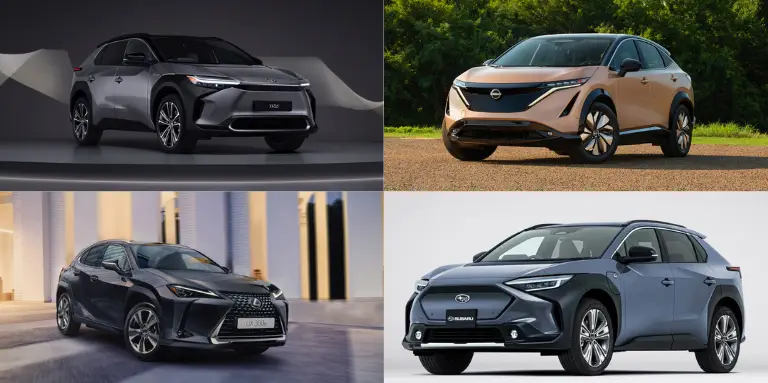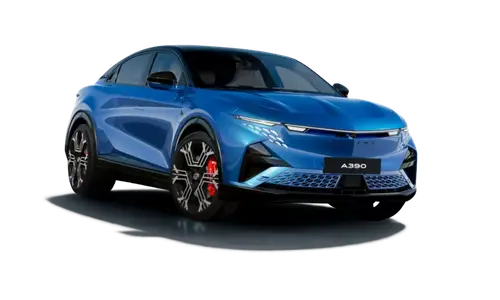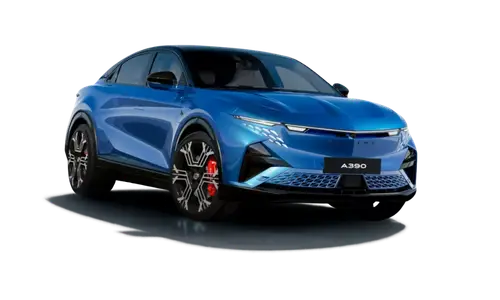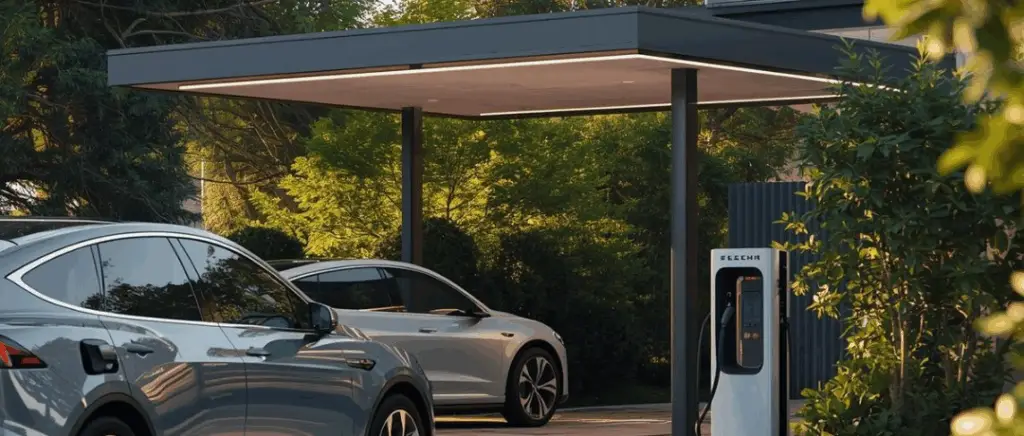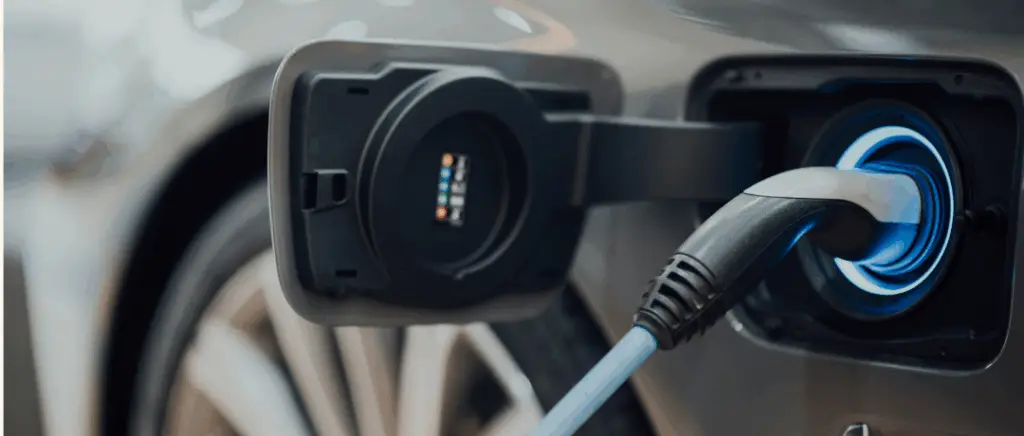Discover the electric cars available from Beev
How does Japan plan to position itself in relation to the world leaders in the electric vehicle market?
Toyota, Nissan and Honda strategies to conquer the global market
Faced with the challenge of electrification, Japanese carmakers Honda, Nissan and Mitsubishi Motors have signed a memorandum of understanding for a "strategic partnership", recognising the need to work together as the automotive industry undergoes rapid transformation. The alliance aims to pool their resources and expertise, particularly in the fields of electric batteries, software for autonomous driving, connectivity and artificial intelligence. The aim is to catch up with international competition, particularly in China and Europe, where the electric vehicle market is expanding rapidly.
The Japanese electric vehicle market is itself showing promising signs of growth. The market is projected to reach USD 43.32 billion in 2024, with the prospect of expanding to USD 94.51 billion by 2029, posting a compound annual growth rate (CAGR) of 16.88%. This positive trend is underpinned by a significant increase in sales, up by more than 50% in 2021 compared with 2020. The Electric SUVs currently dominate the market with a share of around 40%, followed by electric saloon cars at 28%.
The Japanese government is playing a crucial role in this expansion by doubling subsidies for electric vehicles to batteryfrom JPY 400,000 to JPY 800,000. These incentives, combined with growing consumer demand, are positioning Japan as an increasingly important player in the global electric vehicle market.
This collaborative strategy between Honda, Nissan and Mitsubishi, combined with domestic market growth, aims to strengthen the position of Japanese carmakers in the face of the global challenges of electrification. However, the success of this alliance will depend on its effective integration and execution in a rapidly changing automotive market.
Price competitiveness of Japanese electric cars in the face of international competition
Japanese manufacturers are adopting an aggressive price-cutting strategy to make their electric cars more competitive in the face of international competition. Significant price reductions have been seen on several flagship models: the Toyota bZ4X has seen its price fall by 37% (€20,100) compared with its launch price, while the Honda e:Ny1 has seen a reduction of 31% (€14,800).
The Nissan Ariya, meanwhile, has seen its price cut by 26% (€13,500). These price adjustments are designed to make Japanese electric vehicles more attractive in a global market dominated by the likes of Tesla and Chinese brands.
Japan is also banking on technological innovation and economies of scale to further reduce production costs. The Japanese government's ambitious target is to achieve price parity between combustion and electric cars by 2030, thanks in particular to advances in battery technology and the use of artificial intelligence in manufacturing processes.
This strategy of competitive pricing, combined with massive investment in R&D and government support, positions Japanese carmakers to win back a significant share of the global electric vehicle market in the years ahead.
The 10 best Japanese electric cars: our selection
Nissan Ariya
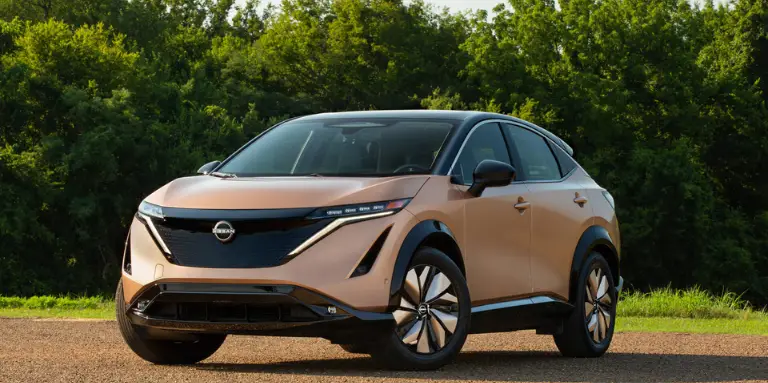
Le Nissan Ariya is an all-electric SUV that stands out for its elegant design and advanced technologies. It offers a autonomy impressive, reaching up to 500 km with its 87 kWh batterywhile the version with 63 kWh battery offers approximately 400 km range.
In terms of performance, the Ariya is available in several versions, including one with a 396 horsepower and 600 Nm of torque, enabling accelerate from 0 to 100 km/h in just 5.4 seconds. This vehicle is also designed to offer a fluid driving experience, thanks to its low centre of gravity and its e-4ORCE all-wheel drive system, which ensures optimum grip on different types of surface.
In terms of fuel consumption, the Nissan Ariya is remarkably efficient at around 15.5 kWh/100 km, making it one of the most economical models in its class. Recharging is also made easier thanks to a fast charging capacity, which allows you to recharge up to 80 % from the battery in less than 30 minutes on fast terminals.
Finally, the The price of the Nissan Ariya starts at around €45,000It offers good value for money for an electric SUV of its size, with generous standard equipment and a wide range of personalisation options.
Toyota bZ4X
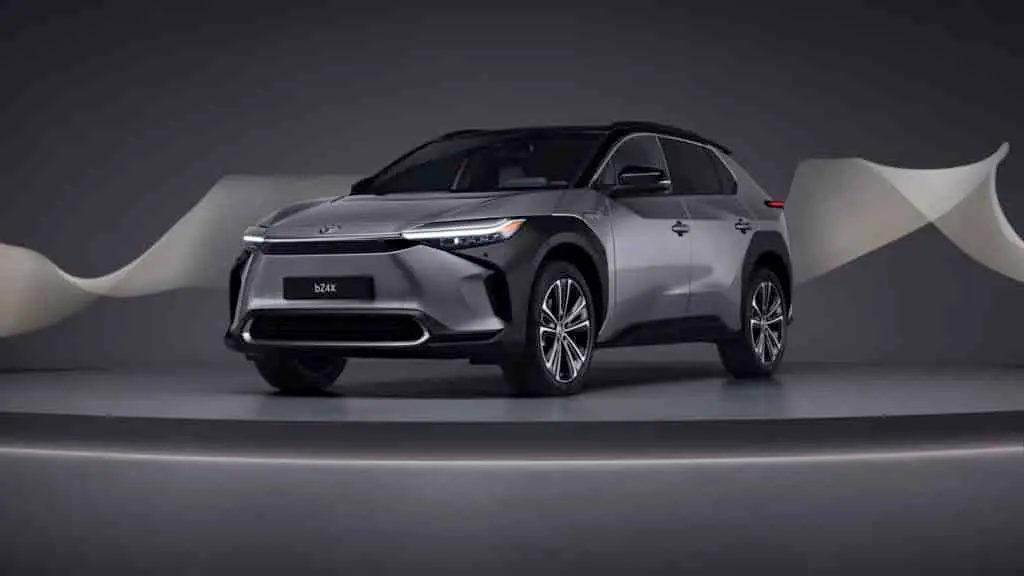
Le Toyota bZ4X is an electric SUV that combines innovation, comfort and performance. Equipped with a 71.4 kWh, it offers autonomy of up to 500 km depending on driving conditions and the version chosen. In terms of performance, the bZ4X offers a power of up to 204 bhp and a torque of 266 Nm, allowing acceleration from 0 to 100 km/h in around 8.4 seconds for the front-wheel drive version.
Its all-wheel drive system, available on certain versions, optimises grip and handling, guaranteeing a pleasant drive on all types of terrain. In terms of fuel consumption, the bZ4X boasts an efficiency of 15.6 kWh/100 km, making it a serious contender in the electric SUV segment. Recharging is also fast, enabling the vehicle to recover up to 80 % of battery in just 30 minutes at fast charge points.
Priced at around €44,000, the Toyota bZ4X offers excellent value for money for an electric vehicle, with a full range of safety features and advanced technologies, including an intuitive infotainment system and advanced driver assistance features.
Subaru Solterra
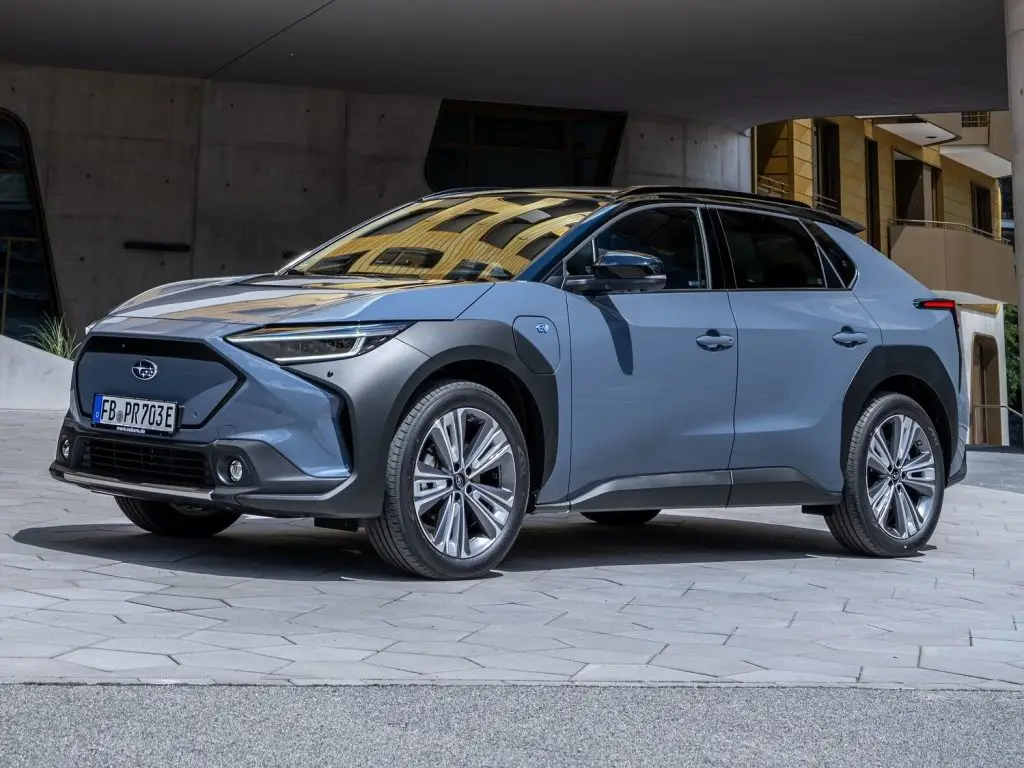
Le Subaru Solterra is an all-electric SUV that combines robustness, advanced technology and a commitment to sustainability. Equipped with a 71.4 kWhIt offers autonomy of up to 460 kilometres depending on driving conditions and version type. This model is equipped with two electric motors that generate a combined power of up to 218 horses and a couple of 330 Nmaccelerating from 0 to 100 km/h in around 7.7 secondswhich underlines its dynamic performance.
One of the Solterra's main assets is its all-wheel drive system, developed by Subaru, which improves handling and grip on a variety of surfaces, making this vehicle particularly suited to difficult weather conditions. In terms of fuel consumption, the Solterra stands out for its efficiency, with around 16.8 kWh/100 kmThis makes it competitive in the electric SUV segment.
In terms of recharging, it supports fast charging, enabling you to charge up to 80 % battery in about 30 minutes at a fast charge point.
The price of the Subaru Solterra starts at around 46,000 eurosThis makes it an attractive choice for those looking for a reliable and capable electric SUV, while benefiting from Subaru's reputation for safety and durability. Its spacious interior and host of technological features, including advanced driver assistance and infotainment systems, add to its overall appeal.
Lexus UX 300E
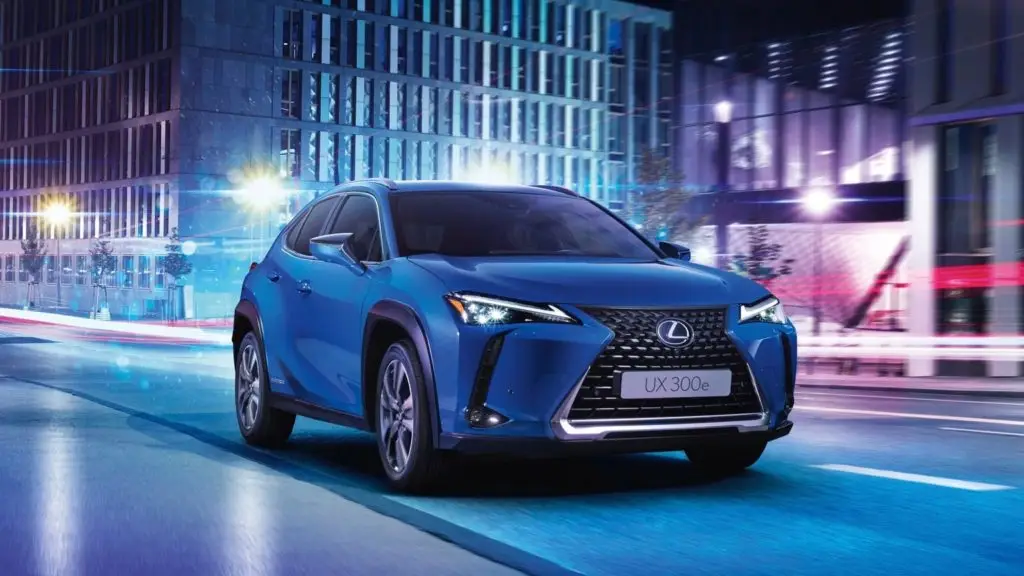
Le Lexus UX 300e is the brand's first all-electric SUV, combining luxury, performance and technology. Equipped with a 54.3 kWhwith a range of up to 400 kilometres depending on driving conditions. The electric motor delivers 204 horses and a couple of 300 Nmaccelerating from 0 to 100 km/h in around 7.5 secondsThis ensures a responsive and enjoyable drive.
In terms of fuel consumption, the Lexus UX 300e is efficient, with an average of around 15.8 kWh/100 kmThis helps to reduce running costs. The vehicle also supports fast charging, enabling it to recover up to 80 % battery in about 50 minutes to a rapid charging point, making long-distance journeys easier.
In terms of price, the Lexus UX 300e starts at around 50,000 eurosThis places it in the premium segment of electric SUVs. This model is also rich in comfort and safety features, offering advanced technologies such as a touch-sensitive infotainment system, modern connectivity and numerous driving aids, all in a refined and comfortable interior.
This makes the UX 300e an attractive option for drivers looking for a top-of-the-range electric vehicle.
Nissan Leaf
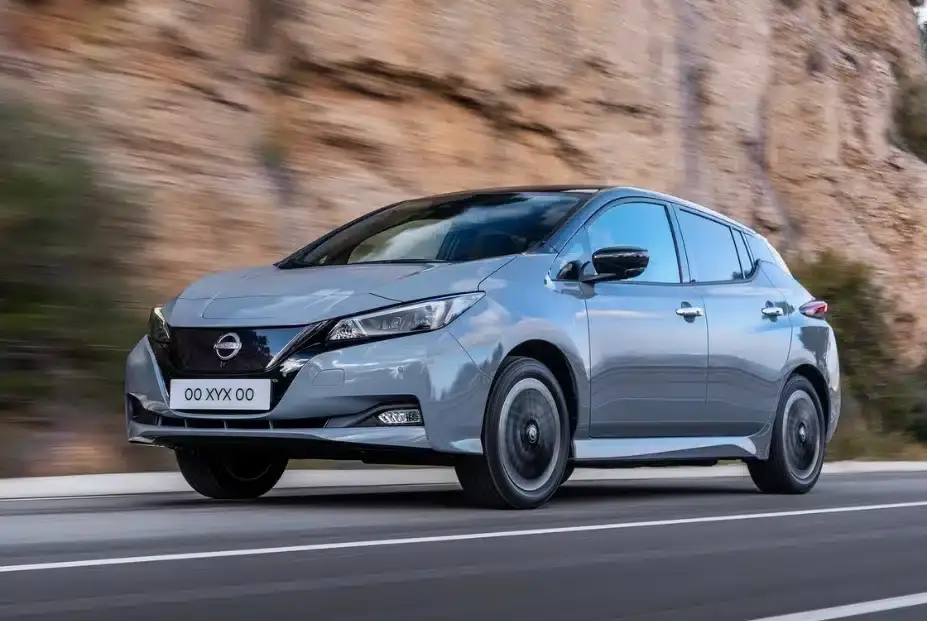
La Nissan Leaf is one of the most iconic and popular electric vehicles on the market, renowned for its accessibility, range and practical features. It is available in several versions, with batteries ranging from 40 kWh à 62 kWh for the Leaf e+offering an autonomy of hasta 385 kilomètres for the standard version and up to 525 kilometres for the e+ version.
In terms of performance, the Leaf develops up to 217 horses for the e+ version and a couple of 340 Nmwhich enables it to accelerate from 0 to 100 km/h in around 6.9 seconds. This responsiveness, combined with its dynamic driving system, makes the Leaf a pleasure to drive both in urban environments and on the open road.
In terms of fuel consumption, the Leaf stands out for its efficiency, averaging around 15.5 kWh/100 kmThis contributes to lower running costs. When it comes to recharging, the Nissan Leaf offers fast-charging capability, allowing you to charge up to 80 % battery in about 40 minutes on a fast-charging station, making long journeys easier.
In terms of price, the Nissan Leaf is competitive, with a starting price of around 35,000 eurosThis makes it an affordable option in the electric car segment. Its spacious cabin, generous boot space and advanced safety technologies, such as ProPILOT Assist, make the Leaf a practical and safe choice for drivers looking for a reliable and well-equipped electric vehicle.
Honda e
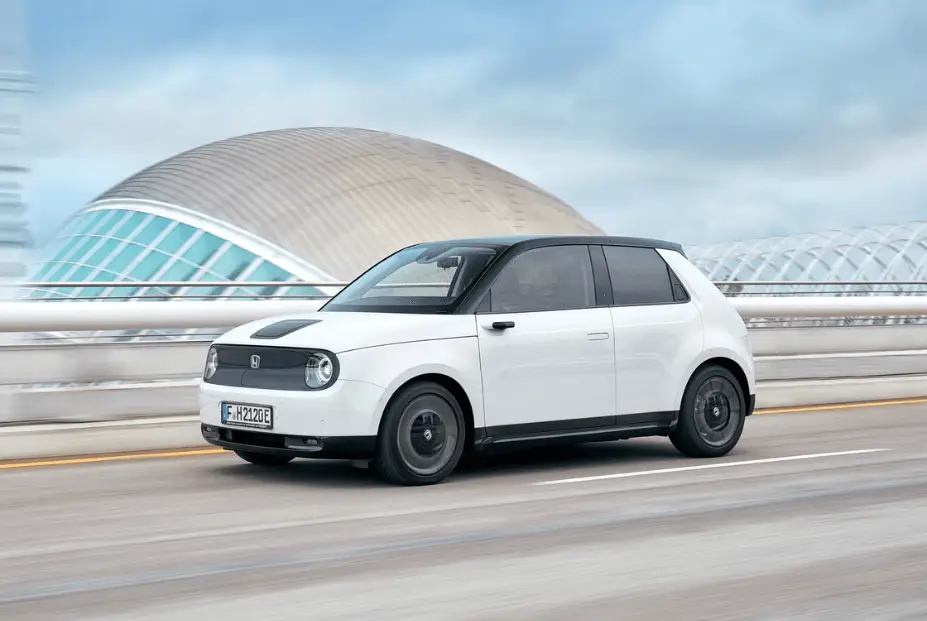
La Honda e is an all-electric city car with a futuristic retro design and a commitment to sustainability. Equipped with a 35.5 kWhthe Honda e offers a range of around 220 kilometresThis makes it ideal for everyday urban journeys. Although its range may seem modest compared with other models, its efficiency and features make it an attractive choice for urban drivers.
In terms of performance, the Honda e develops a power of 136 horses and a couple of 315 Nmaccelerating from 0 to 100 km/h in around 8.3 seconds. Its small size, combined with precise steering and an exceptional turning circle, make it a particularly agile vehicle in urban environments.
In terms of fuel consumption, the Honda e boasts an efficiency of 20 kWh/100 kmThis helps to minimise running costs. As for recharging, it can be charged for up to 80 % in about 30 minutes on fast-charging stations, making stops during longer journeys very practical.
In terms of price, the Honda e comes in at around 35,000 eurosThis makes it a premium choice in the electric city car segment. Its spacious, modern interior, with two 12.3-inch digital screens, offers an intuitive, connected user experience. In short, the Honda e combines unique styling, advanced technology and an enjoyable drive, making it an attractive option for those looking for a stylish and practical electric city car.
Mazda MX-30 EV
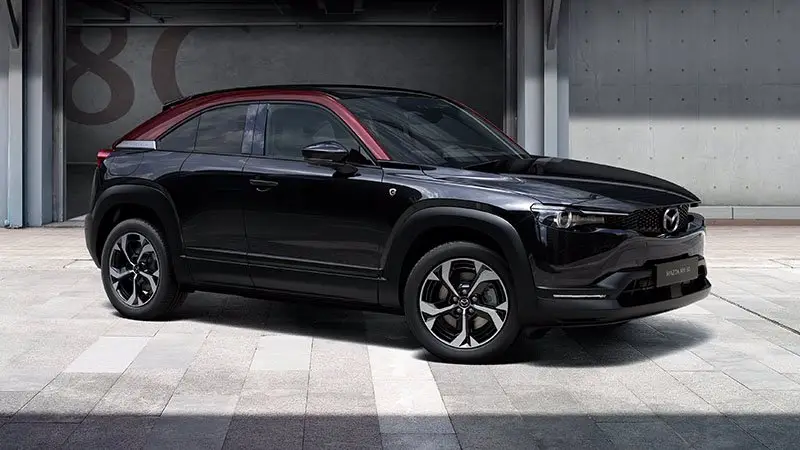
Le Mazda MX-30 EV is an electric SUV with a bold design and a commitment to sustainability. Equipped with a 35.5 kWhwith a range of around 200 kilometresThis makes it an ideal choice for urban and suburban journeys. Although its range is less than that of some competitors, the MX-30 favours an approach based on enjoyable driving and style.
In terms of performance, the MX-30 develops a power of 145 horses and a couple of 271 Nmaccelerating from 0 to 100 km/h in around 9.7 seconds. Its driving dynamics are accentuated by balanced weight distribution and a low centre of gravity, delivering a responsive and enjoyable driving experience.
In terms of fuel consumption, the Mazda MX-30 is approximately 19 kWh/100 kmThis helps to maximise range. In terms of recharging, it can be charged up to 80 % in about 30 minutes to a rapid charging point, making it easier to travel longer distances.
In terms of price, the Mazda MX-30 EV starts at around 34,000 eurosThis places it in a competitive range of electric SUVs. The interior of the MX-30 stands out for its sleek design and sustainable materials, highlighting a commitment to the environment. With modern equipment and intuitive technology, the Mazda MX-30 EV is an attractive option for environmentally conscious drivers looking for a vehicle that is both stylish and fun to drive.
Mitsubishi i-MiEV
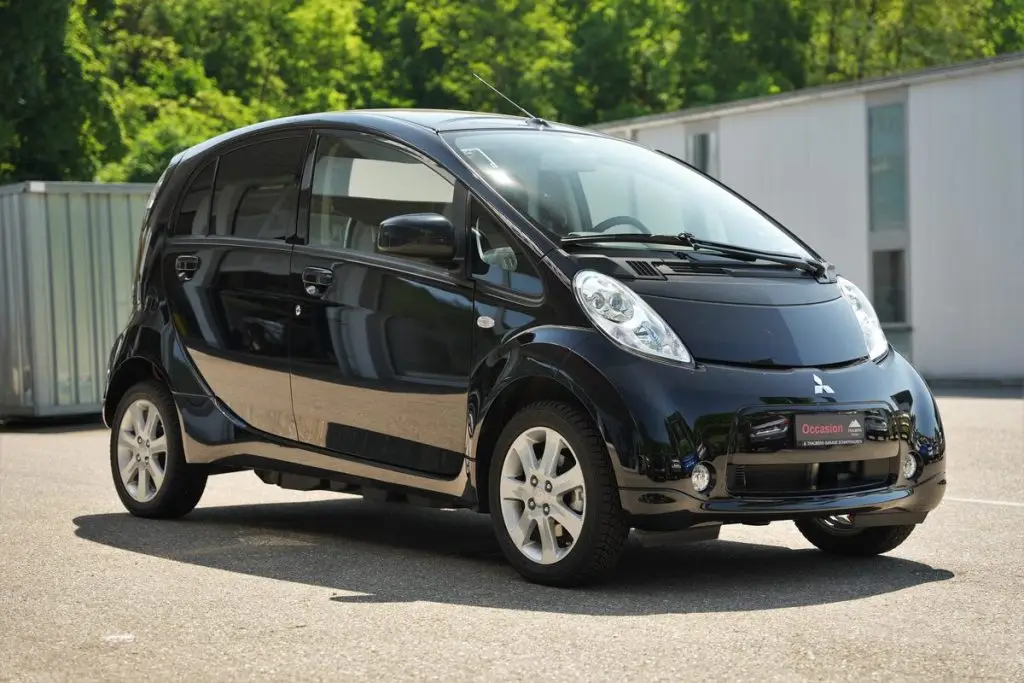
Le Mitsubishi i-MiEV is a fully electric city car that was one of the first electric vehicles to be marketed on a large scale. Equipped with a 16 kWhwith a range of around 150 kilometresThis makes it ideally suited to urban and suburban journeys. Although its range is more limited than that of many recent models, it remains a practical choice for drivers looking for a compact vehicle for the city.
In terms of performance, the Mitsubishi i-MiEV develops an output of 47 horses and a couple of 180 Nmaccelerating from 0 to 100 km/h in around 15.9 seconds. Although its performance isn't spectacular, the i-MiEV is designed for a pleasant drive in urban environments, with appreciable manoeuvrability and agility in traffic jams.
In terms of fuel consumption, the i-MiEV is approximately 12.9 kWh/100 kmThis helps to reduce running costs. As for recharging, it can be charged for up to 80 % in about 30 minutes on fast-charging stations, minimising waiting time when travelling.
In terms of price, the Mitsubishi i-MiEV is generally available for around 22,000 eurosThis makes it one of the most affordable electric vehicles on the market. Its compact and functional interior, while modest in terms of technology, still offers a degree of comfort and a practical layout for city dwellers. All in all, the Mitsubishi i-MiEV is an economical and pragmatic option for those looking to adopt electric driving while travelling mainly in urban areas.
Toyota C+pod
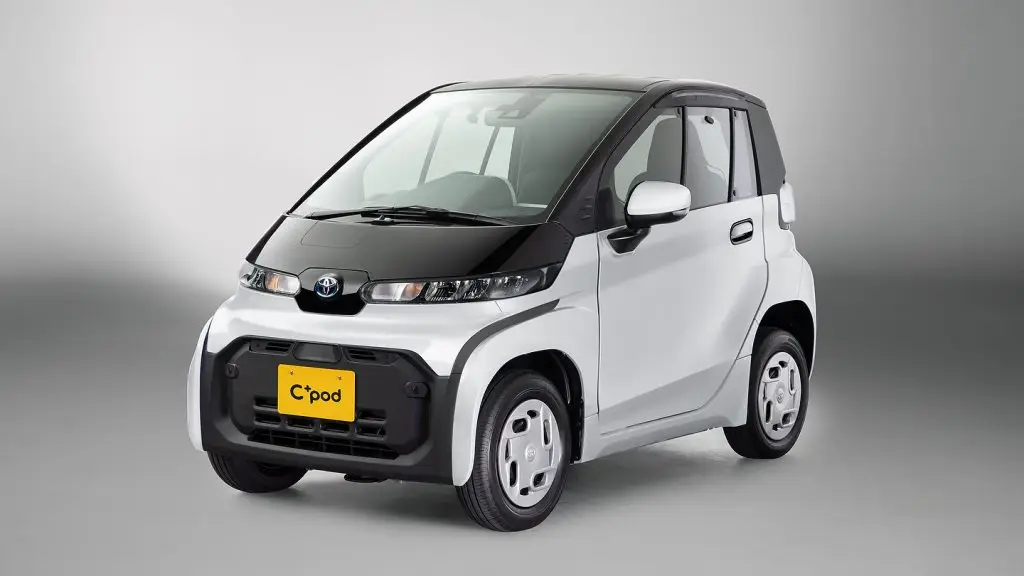
Le Toyota C+pod is a compact electric vehicle designed primarily for urban travel, offering an innovative alternative to traditional cars. With its 9.06 kWhthe C+pod has a battery life of around 100 kilometresThis makes it particularly suitable for daily journeys in town.
In terms of performance, the C+pod develops a power of 12 horsesThis makes it a light, agile vehicle, ideal for urban traffic. Its maximum speed is limited to 60 km/hThis contributes to its safe, urban nature.
In terms of fuel consumption, the Toyota C+pod is approximately 13.2 kWh/100 kmThis makes it an energy-efficient choice. As for recharging, it can be plugged into a standard household socket, taking around 5 hours for a full charge.
In terms of price, the Toyota C+pod starts at around 15,000 eurosThis makes it an affordable option for city dwellers looking for a compact, practical electric vehicle. Its unique design, which features clean lines and a minimalist interior, offers a pleasant and intuitive driving experience. In short, the Toyota C+pod is a wise choice for those looking to reduce their carbon footprint. carbon footprint while benefiting from a practical means of transport for their daily journeys around town.
Suzuki eVX (2025)
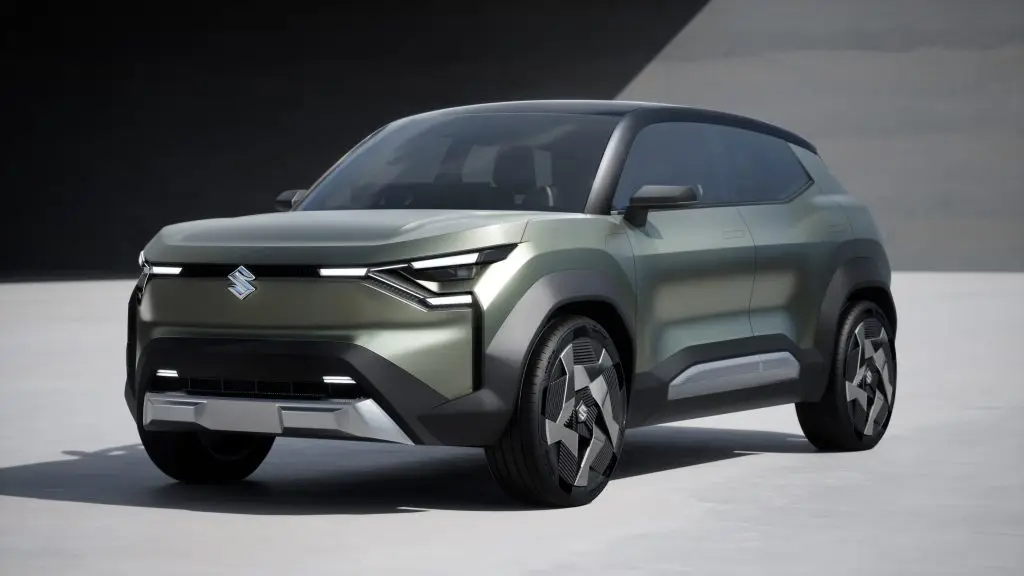
Le Suzuki eVXplanned for 2025, is a promising electric SUV that embodies Suzuki's commitment to sustainable mobility. Although precise technical details have yet to be confirmed, the model is anticipated to have a battery capacity of around 60 kWhwith an estimated range of up to 500 km depending on driving conditions.
In terms of performance, the Suzuki eVX is expected to deliver an output of 200 horsepowerIt is designed to offer both comfort and practicality, with a generous interior space adapted to the needs of families and city dwellers. Its design has been conceived to offer both comfort and practicality, with a generous interior space tailored to the needs of families and city dwellers.
In terms of consumption, we can expect an efficiency of around 15-18 kWh/100 kmThis would put it in direct competition with other electric SUVs on the market. The model is also expected to support rapid recharging, allowing a significant proportion of the battery to be recovered in less than 30 minutes to a fast charge point, making longer journeys easier.
In terms of price, although estimates are not yet official, the Suzuki eVX could come in at around 40,000 eurosThis would make it an attractive choice for those looking for a powerful yet affordable electric SUV. With its advanced safety features, connected technologies and commitment to the environment, the Suzuki eVX is an attractive option for environmentally conscious drivers looking for a versatile electric vehicle.
Summary of the top 10 Japanese electric cars
| Model | Performance (CV) | Range (km) | Battery (kWh) | Fuel consumption (kWh/100 km) | Prices |
|---|---|---|---|---|---|
| Nissan Ariya | 396 | 500 | 87 | 15,5 | 45 000€ |
| Toyota bZ4X | 204 | 500 | 71,4 | 15,6 | 44 000€ |
| Subaru Solterra | 218 | 460 | 71,4 | 16,8 | 46 000€ |
| Lexus UX 300e | 204 | 400 | 54,3 | 15,8 | 50 000€ |
| Nissan Leaf | 217 | 525 | 62 | 15,5 | 35 000€ |
| Honda e | 136 | 220 | 35,5 | 20 | 35 000€ |
| Mazda MX-30 EV | 145 | 200 | 35,5 | 19 | 34 000€ |
| Mitsubishi i-MiEV | 47 | 150 | 16 | 12,9 | 22 000€ |
| Toyota C+pod | 12 | 100 | 9,06 | 13,2 | 15 000€ |
| Suzuki eVX (2025) | 200 | 500 | 60 | 15 | 40 000€ |
Conclusion
The Japanese electric car market is undergoing a dynamic transformation, with major players such as Toyota, Nissan and Honda working together to catch up on the world stage. Thanks to technological innovations and price adjustments, these brands are offering competitive models tailored to consumer needs. As demand for electric vehicles grows, Japan is positioning itself as a key player in this fast-growing sector.
To help you with your project to buy an electric vehicle or install a charging point, don't hesitate to call on Beev, the electric mobility expert.
With Beev
Switch to
Electric cars
or install your
Charging station
For individuals and businesses
